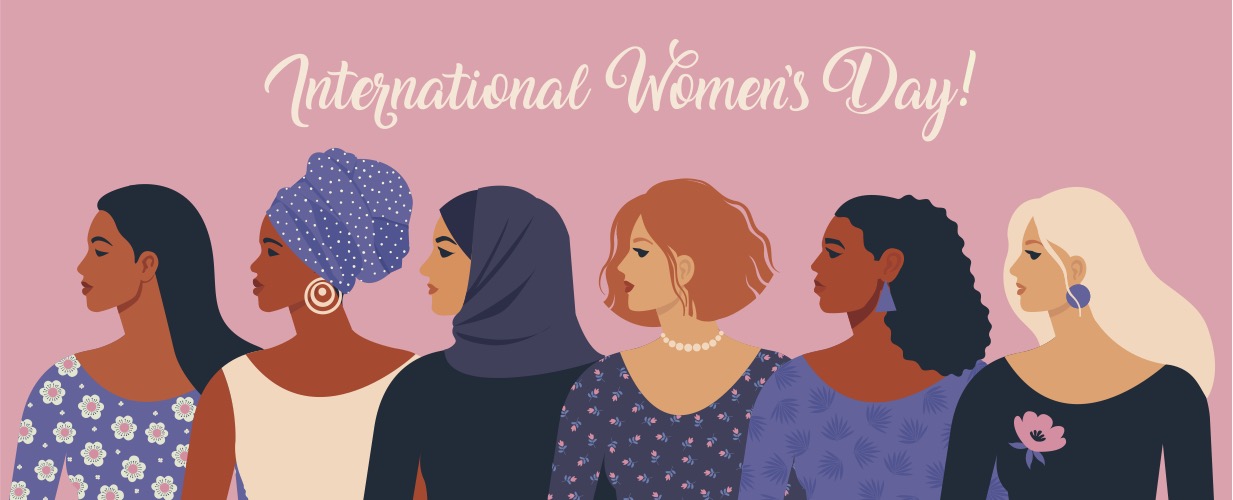International Women’s Day provides a global platform for celebrating women’s achievements as
well as raising awareness about gender inequities and increasing support for women worldwide. The
day is an important recognition of women’s social, cultural, economic and political contributions.
We still have some way to go in the UK, particularly with violence against women and equality of
pay. Scottish Widows have released some recent research to show that on average, women today
retire with £123,000 less than men. This is a result of the gender pay gap, caring responsibilities and
part time work, all of which impact on women’s earnings and her retirement savings. In the
employment arena (and beyond) we have the benefit of the Equal Pay Act 1970 and the Equality Act
2010 and so we have recourse to the courts if we are treated unfairly.
Women in many other countries are not so fortunate and the plight of women in Afghanistan today
goes way beyond the issues women in the UK are facing and is truly horrific. Since 2021 and the
retaking of power by the Taliban in Afghanistan we have seen a rapid stripping of women’s rights. At
first, they appeared keen to distance themselves from the earlier period of their rule in the 1990’s
and presented themselves as more moderate. In particular, they committed to honour women’s
rights. Soon after, however, they reinstated the old Ministry for the Propagation of Virtue and the
Prevention of Vice which is a morality watchdog’s whose aim is to enforce the Taliban’s version of
Islamic Law. Since then, they have stripped away women’s rights and imposed strict rules on women
and what they cannot do.
Women in Afghanistan can no longer attend school or go to university. They can no longer work in
most sectors (including NGO’s) and they can’t go to gyms or go to parks in Kabul even if
accompanied by a male relative. If a woman travels more than 46 miles she has to be accompanied
by a male chaperone. Women who are not wearing the hijab are not allowed into a car and the
cannot board a flight unless accompanied by a male chaperone. If they are out in public, they have
to fully cover themselves including their faces.
The Taliban has abolished the Ministry of Women’s Affairs and have rolled back the Elimination of
Violence against Women Law, implemented in 2009 to protect women from violence and other
abuses including forced marriage. Women no longer have any recourse to justice.
And it is getting worse. On the same week as International Woman’s day the Taliban have cancelled
all previous divorces in Afghanistan, and banned women from divorcing. Women who divorced their
husbands prior to the Taliban takeover, including those who divorced their husbands because of
abuse, may now be labelled adulterers and face imprisonment and violent punishment. The AFP
News Agency has reported on one woman who had been abused by her husband for years to the
extent where he broke all of her teeth, is now in hiding with her 8 children after the Taliban tore up
her divorce papers and ordered her to go back to him. She is reported to have said “my daughters
and I cried a lot that day, I said to myself, Oh God, the devil has returned.”
Whilst it is clear that the Taliban have never changed, Afghanistan has changed. Women, and society
as a whole, have enjoyed much larger freedoms in the last few decades. They were allowed to study,
go to university and work. They have had a taste of relative freedom and the fight back has began.
There are many, may brave people protesting against the draconian measures of these extremist
and cruel rulers and, unlike the 1990’s, men are now joining women in fighting for their rights.
Recently, male medical students walked out of their final exams in solidarity with women and male
university professors have resigned from their positions in protest. Men have also joined women in
protests on the streets facing beatings, and more, from the Taliban. We must have hope for the
future and continue to raise awareness of what is happening to women not only in Afghanistan but
around the world.


